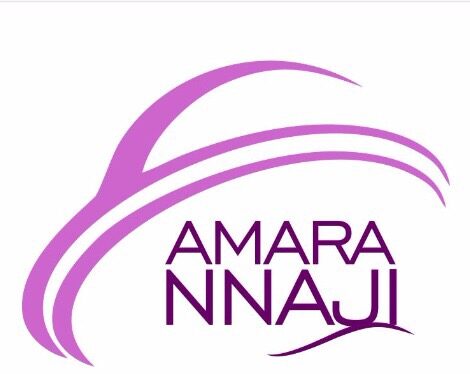Viewing life through the eyes of Mr Death
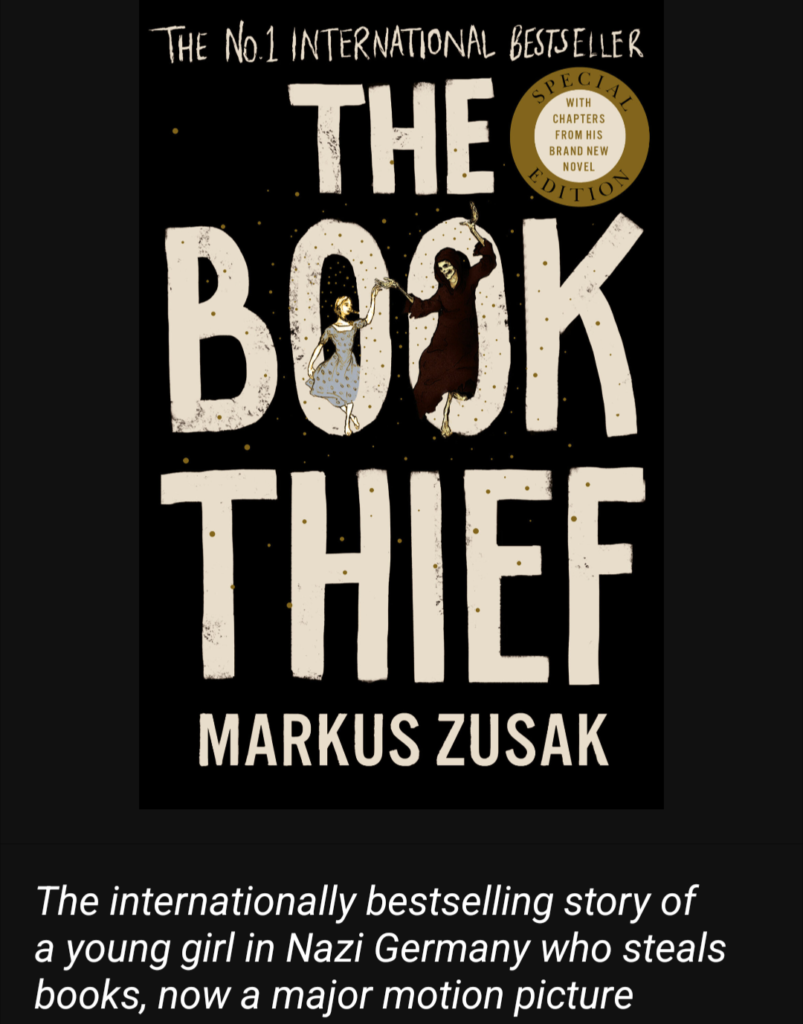
“It kills me sometimes how people die” says Death compassionately as he marches along
Join Mr Death as he narrates his side of the story through this Nazi German streets in WW2
what signifies a new season for you?

Two days ago, I walked past a florist and noticed something unusual.
Stepping back, I peered into the cartons and
Mirror, Mirror on the wall.
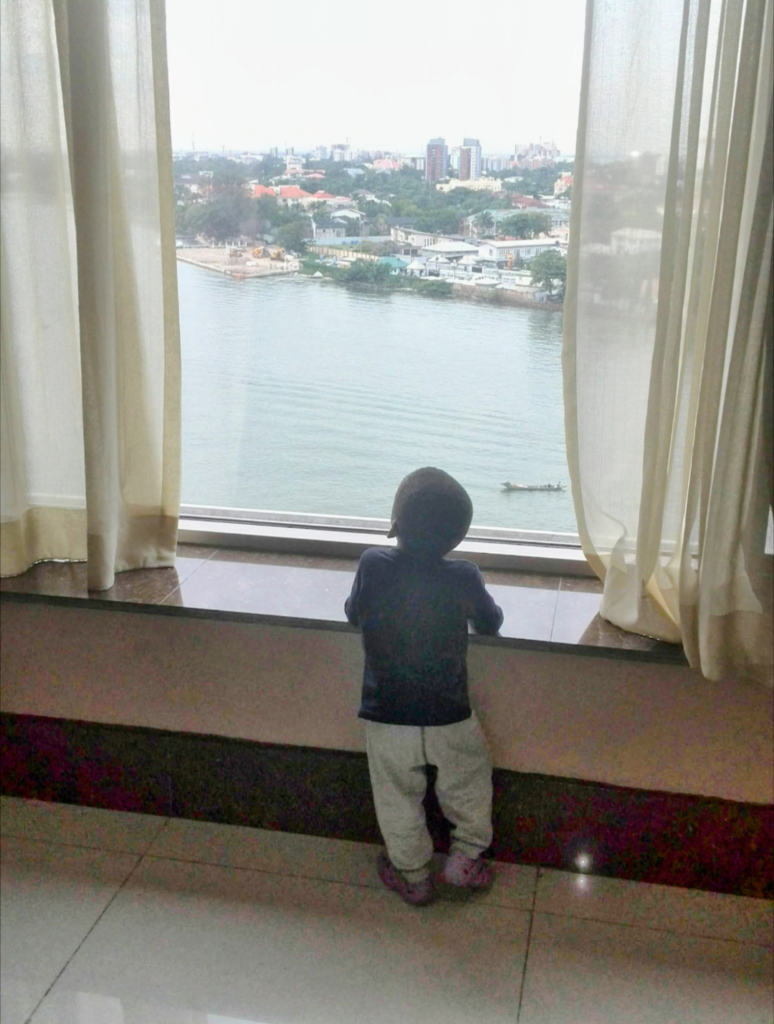
“Have you ever seen a little child before a mirror? Do you notice how taken by the mirror they appear?”
Shana faced the room as her little boy tugged at her sleeve
How else can a melancholic get high?
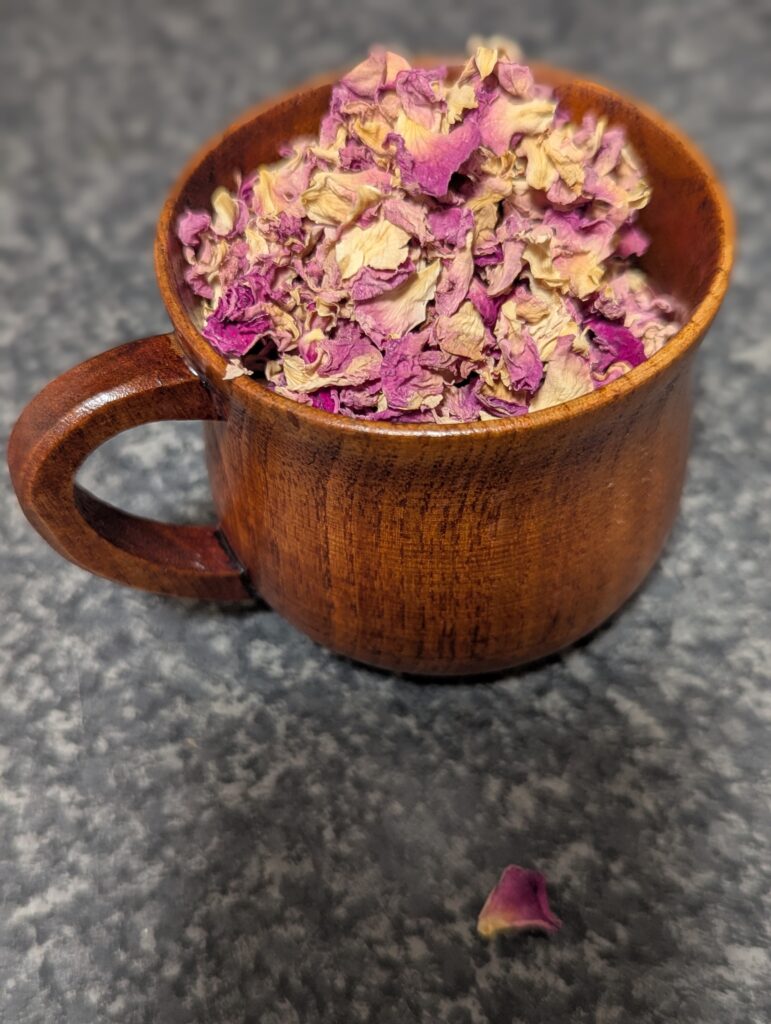
“Babe, your magic potion is ready” cooed the heady aroma as it wafted sensuously round my room
I followed its trail. And allowed myself indulge in the fragrance. Then climbing out of bed, I shuffled back to the kitchen.
of sunk costs, sentimental value and holding on to what no longer serves you

The current #nsppd7amfireprayers promo on #inanimate objects has me feeling funny.
A bit of context here; #NSPPD is the world’s largest
how my foreign neighbour influences my life
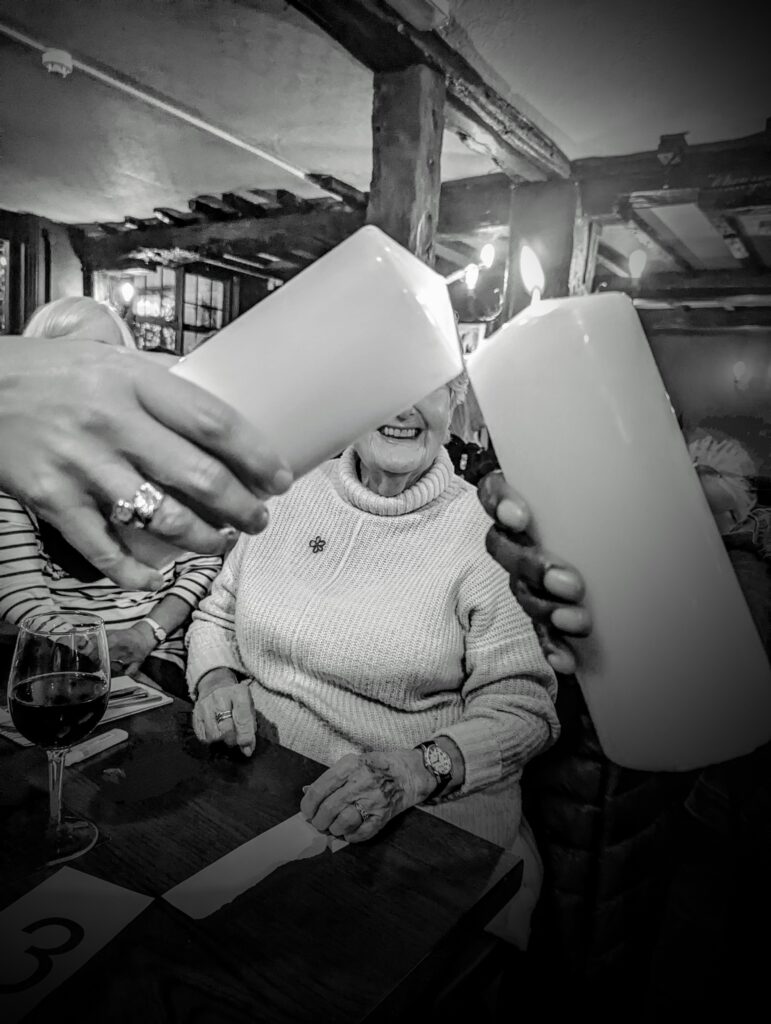
Emgland. Two women across adjoining streets. Strangers to each other. One, a Briton. Another, A Nigerian emigrant. Yet, they are somehow interconnected.
“I would love to cheat on my wife too”
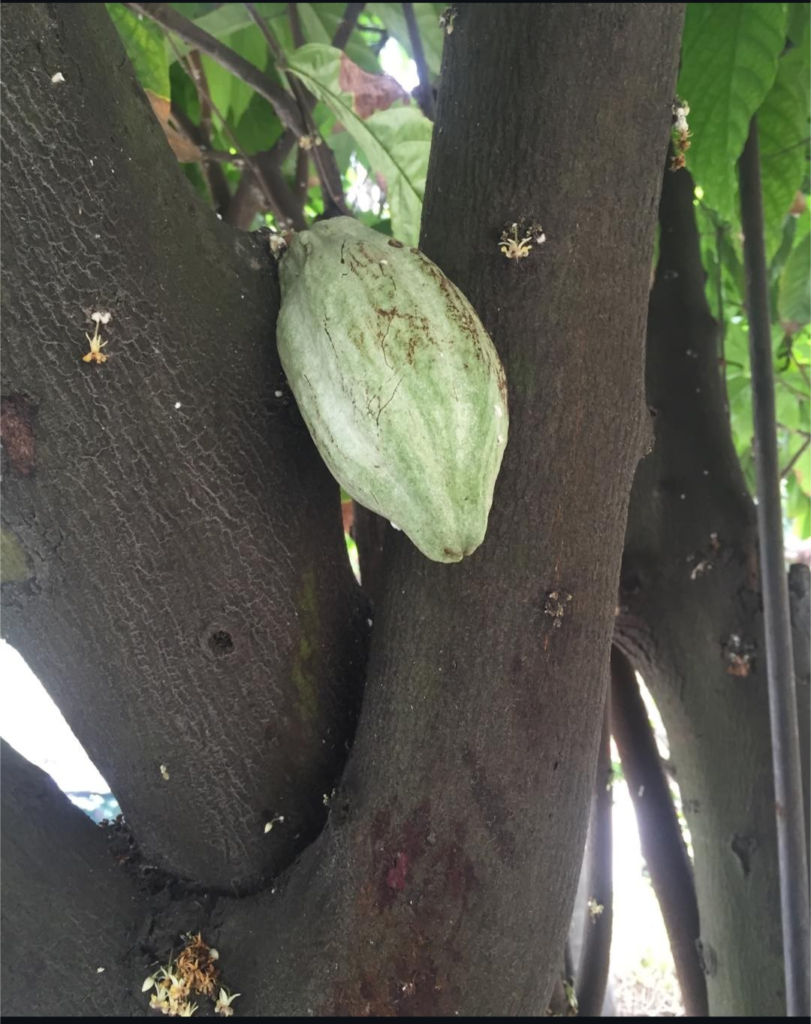
“You think I do not cheat because I love my wife so much?” his laughter cooled off as he switched on his serious face “Well, why else? or is it your moralist views?” I teased. Since I knew he was not big on religion There we stood by the frontage of my compound while he […]
dear daddy, when will you become a man? [Cont’d]
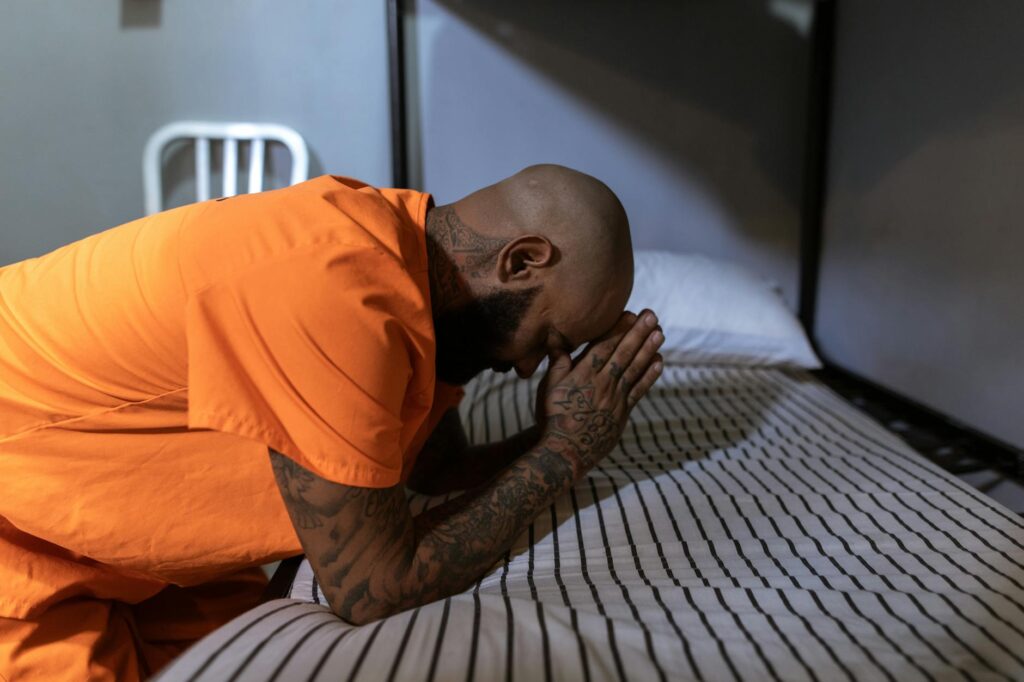
Click here for the beginning ………… to a client’s office and Lagos traffic on the Motorway was unkind. He felt the jolt before he heard the bang. Another vehicle had run into his. The driver had been trying to force himself into the lane from the other lane. Infuriated, he alighted to assess the damage. […]
dear daddy, when will you become a man?
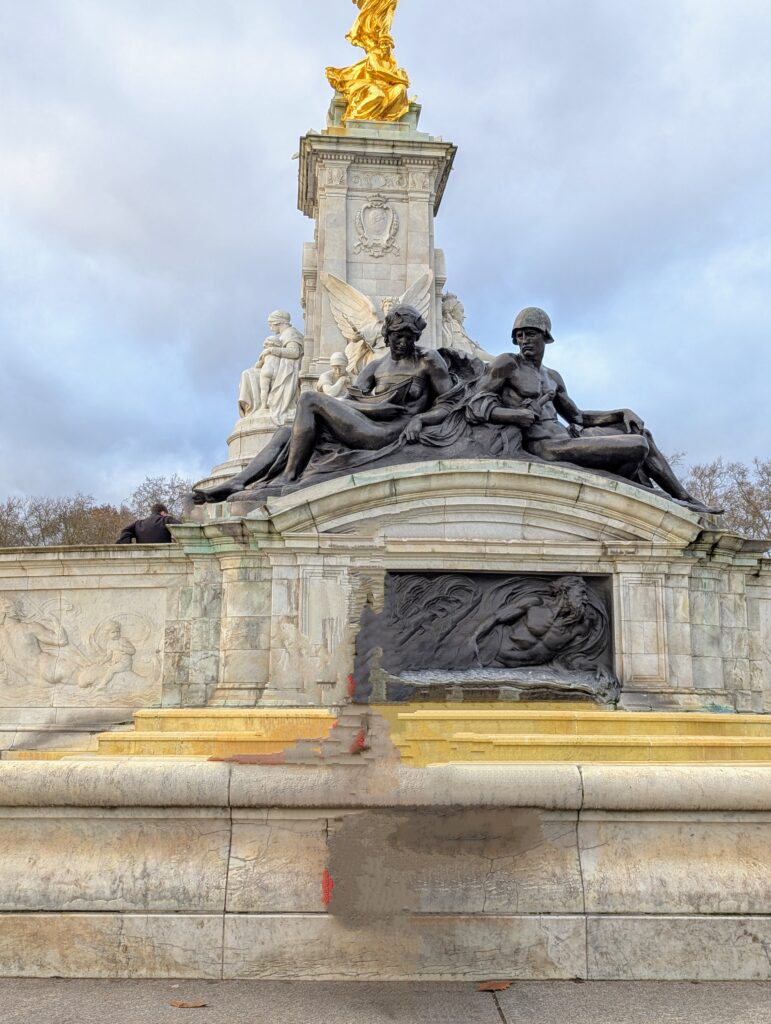
Today Prisoner 8493 leaned on the bed in his cell, hands on his face as the painful sobs erupted from deep within. Few minutes ago, he has watched his wife and kids walk away after their monthly visit. She also walked away with the signed divorce papers. Regret chased itself across his features as he […]
step out of the picture and look again

“Ma, look who is here” Samira heard her son scream excitedly She had barely come in from the foodbank and laid down to rest a bit before making Lunch. Lifting herself off the bed, she wearily made her way to the front door. Shock! Was it her eyes? Was she hallucinating? The celebrity pastor stood […]
